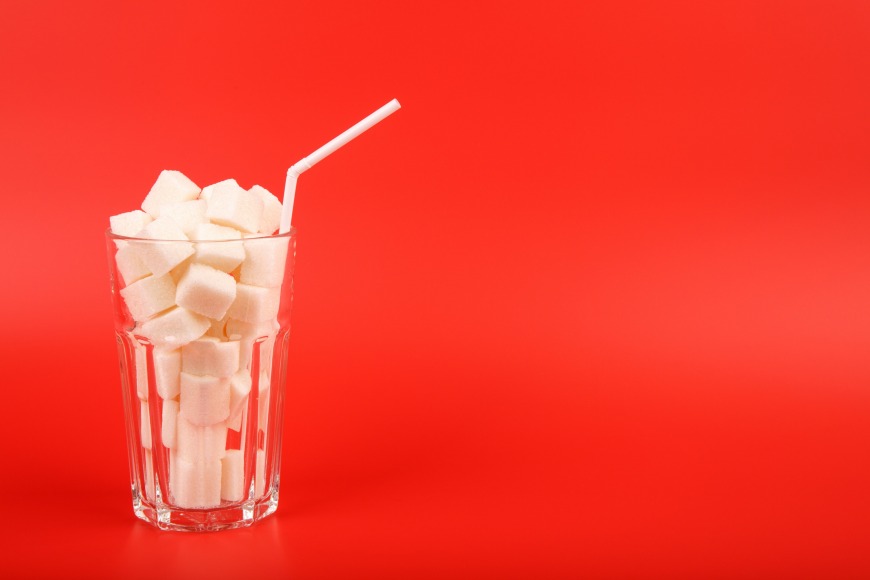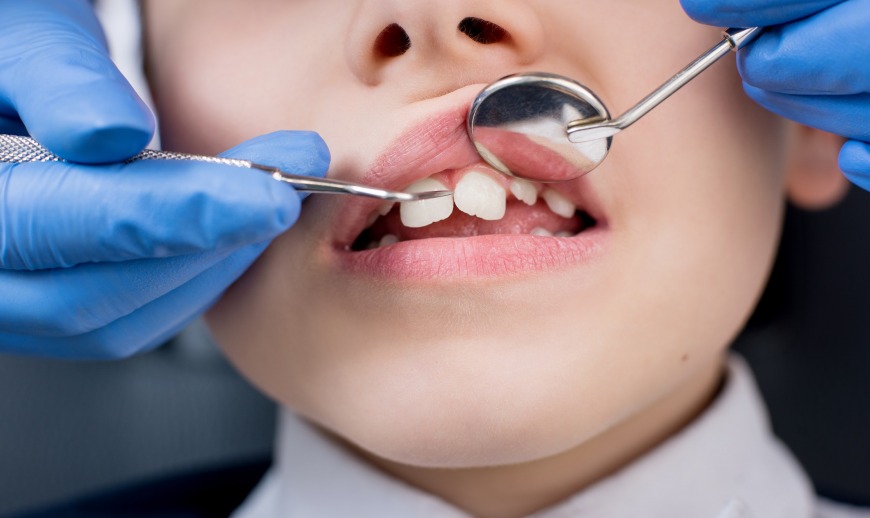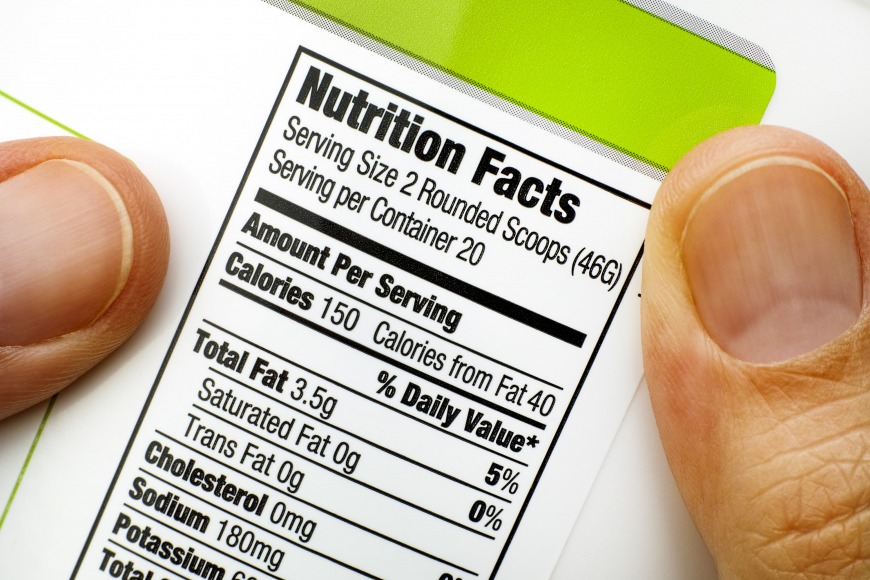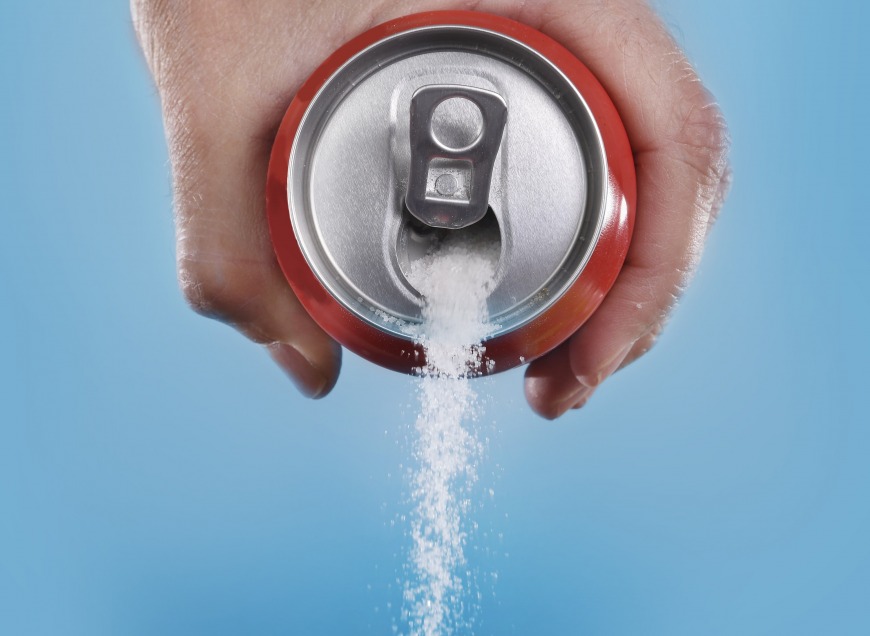5 Telltale Signs Your Kids Are Consuming Too Much Sugar
Children are apparently gulping down sugar by the gallon – here’s how to tell if your child is eating too much
7 January 2019

All Credits: PA
A few years ago, a report on the damaging effects of sugar led a number of newspapers to the lead with the headline “sugar is the new tobacco”. Now new research has revealed that the average child is consuming quantities far above what experts deem healthy.
The figures suggest that by age 10, British children have already exceeded the amount of sugar recommended for an 18 year old. The data has been released by Public Health England, but refers to children from across the UK.
Short of blood tests, it can be difficult to gauge just how much sugar your child’s diet contains. But here are some signs to look for…
1. Dental Health

Thorough brushing – morning and night – may not be enough for your child’s teeth, if they spend the time in between snacking on sucrose. “It’s the number one sign of excess sugar,” says Harley Street nutritionist Rhiannon Lambert, “an increase in dental pain, or cavities appearing at a young age. Unless you’re genetically predisposed to it, that shouldn’t be happening.”
3. Weight Problems

Sugar: One of the main culprits behind expanding childhood waistlines (Thinkstock/PA)
For some years now, sugar has been touted as a big reason behind childhood obesity. “Eating too much sugar can contribute to people having too many calories,” says the NHS website, “which can lead to weight gain.” Most of our calories should come from healthy foods, and cutting back on sugary snacks helps children lose weight, as well as curtailing their chances of heart disease and diabetes later in life.
4. Food Labels

It’s a generally a good rule – always read the small print (Thinkstock/PA)
This is less a symptom and more a method, but the only way to truly know how much sugar your child is consuming is to learn the food packet lingo. It’s more complex than it might seem: “There’s normally a traffic light system on the front of packets and you want to stay in the green as much as possible,” says Lambert, “but really, parents are going to have to start learning how to read food labels.” Less than 5g per 100g is classed as low sugar content and 22.5g is classed as high. Remember, this is per 100g, not the actual quantity per packet.
Keep a food diary of your child’s eating habits, or at least check the ingredients of your family favourites. Low sugar good; high sugar bad.
5. Fizzy Drink Intake

It’s hardly rocket science that high-sugar foods lead to a high-sugar intake, and we’re going to save a special mention for fizzy drinks. Long the bete noire of health-conscious parents, Lambert describes them as the “number one culprit” behind excessive sugar consumption.
If your child is rarely seen without a squash, juice or cola in hand, then it’s odds-on that their sugar intake will be higher than healthy. You should also be wary of processed foods and ready meals, many of which contain added sugar. “Canned foods can also cause problems,” adds Lambert, “and things like ketchup and baked beans often contain extra sugar, so you need to look for the low sugar variety.”

























.png?itok=SvZPqMHH)




.png?itok=uB2ieOR7)












